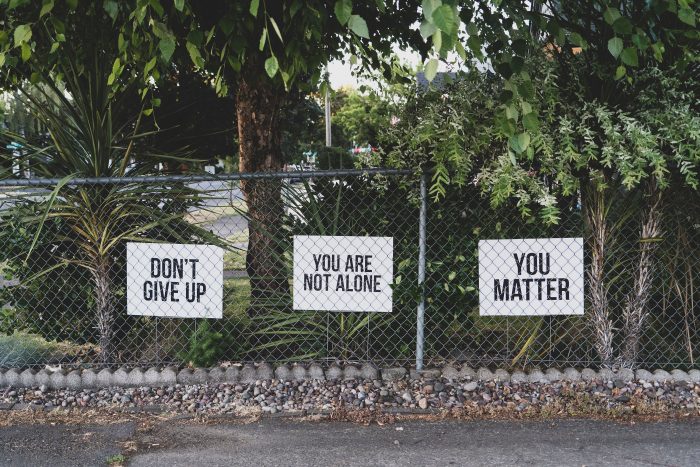Self-Advocacy

Self-Advocacy is….
The dictionary defines self-advocacy as the action of representing oneself or one’s views or interests. Expanding on this what it really means is learning how to speak up for yourself, make your own decisions, knowing your own rights and responsibilities, and how to get the information you need. There are slight variations in the definition depending on where you look but most are pretty close.
Why Is it Important
When your living with a chronic illness or rare disease being your own self-advocate can sometimes be necessary. If you don’t learn to speak up or obtain the information that you need, then it can turn into not getting the care that you need. Especially when you are diagnosed with a disease or illness that is rarer. There tends to be less the medical system can do in these cases, and so you need to be more assertive. I’m speaking purely from my point of view having been diagnosed with a rare disease. However, this speaks for pretty much anyone and should be a basic life skill.
Practicing Self-Advocacy
This can be the difference between getting the answers and care that you need and not. It really is this balancing act when it comes to how you advocate for yourself. If you find you aren’t getting answers then start asking questions and be direct, firm and polite. When something isn’t clear to you ask for clarification. At the same time, you need to be able to listen to and respect other points of view. We are all entitled to a basic level of health care. How we go about getting that level of care is important! Know what you’re talking about or the questions that you are asking. Have a strategy that you put into place in order to get what you want or need. Then, of course, have support through family, friends, and other patients/advocates.
Being Effective
There are a lot of ways that a person can be effective in advocating for themselves. I think one of the most powerful ways though is to believe in yourself. You are worth the effort that it takes to advocate for yourself and to be able to protect your rights. Setting clear goals for yourself will help you in being able to obtain what you want or need. Ultimately it comes down to you! Are you going to let others make decisions for you, or are you going to take control over the decisions that affect your life?
Self-Advocacy is a Lifeline
Whatever you do never give up! There are going to be times where things get hard and you face tough obstacles. Those are the times that you need to remember why you’re advocating for yourself. Keep at it and don’t be afraid to go after the things you want or need. Sometimes it’s going to take dedication, strength, and determination to get yourself the things you need. Not to mention a whole lot of God!
In Conclusion
Through my own personal journey, there have been times where all I’ve wanted to do is give up. The most obvious being the day I received my diagnosis. That day was a dark day! After almost a year and a half journey just to find a diagnosis I was told nothing else could be done. However, this is where being my own best advocate has helped me to obtain a quality of life that I wouldn’t otherwise have with CRPS.
I refused to believe that nothing could be done, and I started to do the research in order to obtain the knowledge I needed. Then with that knowledge, I started asking questions and we came up with a treatment plan. Things might not be perfect by any means because it’s a rare disease with little known about it. I fought for what we can do right now and I’m an active voice in my care and the decisions that we are making. That’s where the understanding on my part has to come in. There’s a limitation to what I can do at this point however and I have to respect those limits.
I leave you with this. When it comes to self-advocacy there are three things to remember and those are to know yourself, know your needs, and how to get those things that you need.